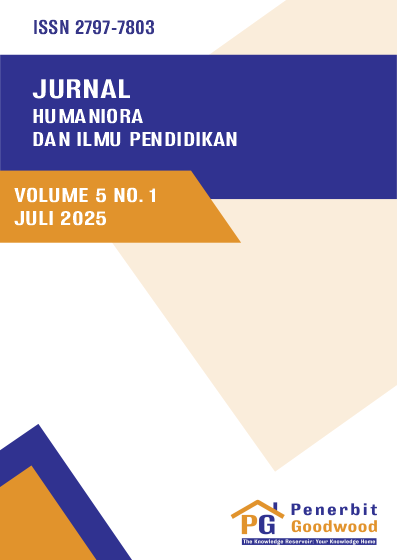Kontribusi Kewarganegaraan Digital dalam Membentuk Etika Digital pada Generasi Z
Abstract:
Purpose: The purpose of this study is to examine the elements of digital citizenship, analyze Generation Z's understanding of digital ethics, and assess the contribution of digital citizenship in shaping digital ethics within Generation Z.
Research methodology: This research employs a qualitative approach using literature studies to explore the understanding and application of digital citizenship and ethics among Generation Z.
Results: The findings reveal that Generation Z's comprehension of digital ethics remains significantly low. Nine key elements of digital citizenship are identified as crucial in enhancing Generation Z's understanding. Additionally, the application of digital citizenship plays a pivotal role in shaping ethical behavior, particularly in the context of social media.
Conclusions: Digital citizenship is vital in fostering ethical behavior in Generation Z. However, continuous evaluation, mentoring, and collaboration across various sectors are necessary to improve their ethical standards in digital spaces.
Limitations: This study is limited by its reliance on literature studies, which may not fully capture the real-world complexities of digital ethics among Generation Z. Future research could incorporate empirical data for deeper insights.
Contribution: The study contributes to the understanding of the importance of digital citizenship in promoting digital ethics among Generation Z, offering insights for policy makers, educators, and stakeholders on the role of digital citizenship in educational frameworks.
Downloads

This work is licensed under a Creative Commons Attribution-ShareAlike 4.0 International License.

